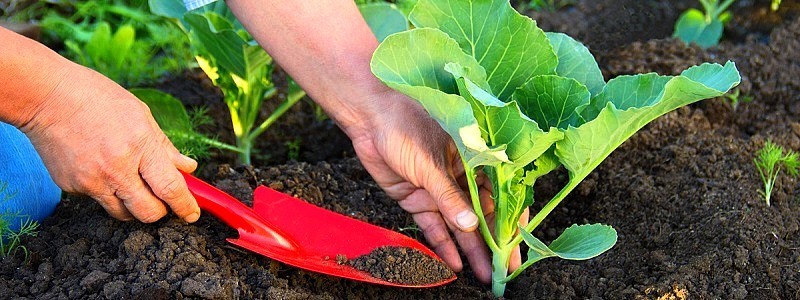Soil conditioner is a substance that can change soil properties. Humic acid is a high-quality soil conditioner. The role of humic acid as a soil conditioner has the following three points:
1.Improvement of saline land
(1) Promote the formation of soil aggregates
Soil aggregates are the basic unit of soil structure. Humic acid can change the physical and chemical properties of soil with too high salt content, too strong alkalinity, highly dispersed soil particles, and poor soil structure, and promote the formation of soil aggregates to make them into a good state, thus creating a good plant root growth condition.
(2)Reduce the topsoil salt content
Humic acid can loosen the topsoil, destroy the accumulation of salt, reduce the topsoil salt content, play a role of salt isolation.And it can improve the emergence rate, reduce the weak seedlings, dead seedlings, thus make the plant healthy growing up.
(3)Improve soil exchange capacity
Humic acid has a higher cation exchange capacity, which is more than 10 times higher than that of general soil. After being applied to the soil, the adsorption capacity of the soil to anions is significantly improved, and the surface salt content is reduced.
(4)Lower the pH of saline-alkali soil
When the pH of saline-alkali soil is too high (above 9.0), it will directly harm the growth of crops and even cause death.In addition, too high PH also affects the availability of phosphorus, iron, manganese, boron, zinc and other nutrients in the soil. The pH of humic acid is 6.8, which is slightly acidic, which can neutralize the alkali, reduce the harm of alkali to the soil and plants, improve the low-output salinity land, and create good soil conditions for the growth of crop seedlings.

2.Improvement of albic soil and lateritic soil
(1)Improvement of albic soil
Albic soil is mainly distributed in northeast China. This kind of soil has an ash layer of about 5-10 cm at the bottom of the cultivated layer. This layer of soil has poor water content, high cohesive acidity, poor soil structure, weak biological activity, and the root system of crops is difficult to penetrate, which is the main reason for low yield.
After the application of humic acid, the soil capacity decreased significantly, and the total soil porosity and water holding capacity increased accordingly. Which helped to improve the soil’s ability to retain water and fertilizer, thereby improving the growth environment of the crop and reducing the mechanical energy consumption during tillage,create conditions for reducing costs.
(2)Improvement of lateritic soil
This soil is distributed in the provinces of southern China.There are large areas of lateritic soil in tropical and subtropical region. Due to the high temperature and rain in the south, the soil organic matter decomposes quickly, and the fertilizer is easily lost with rain, so the soil organic matter is poor. Due to the heavy rain, most of the alkaline components in the soil are leached, and the acid substances such as iron and aluminum that are not easily lost are relatively accumulated, so it causes the acidity or strong acidity of the lateritic soil and destroys the soil structure.
After the application of humic acid, the physical properties of lateritic soil can be improved. The soil aggregates increase, the soil capacity decreases, the pores increase, and the water holding capacity is high. The application of humic acid can also improve the chemical properties of lateritic soil. Mainly in the increase of soil organic matter content, the content of quick-acting nutrients increases, the adjustment of pH is moderate.
 3.Effect on soil microflora and enzyme activity
3.Effect on soil microflora and enzyme activity
Soil microbes are one of the important reasons in soil composition. It has an important influence on the transformation of soil organic and inorganic matter, the circulation of nutrient elements. And it also has an important influence on the formation of enzymes, which are indispensable biological activities in plant life activities.
The fact that humic acid can promote the activity of soil microorganisms, increase the number of soil microorganisms, and enhance the activity of soil enzymes has been confirmed by a large number of research materials at home and abroad. It is also agreed that the application of humic acid increases the number of aerobic bacteria, actinomycetes, and cellulolytic bacteria. It is beneficial to accelerate the mineralization of organic matter and promote the release of nutrients. Therefore, the application of humic acid can control the root rot, yellow leaves, leaflets, and wilt of fruit trees.

 3.Effect on soil microflora and enzyme activity
3.Effect on soil microflora and enzyme activity




